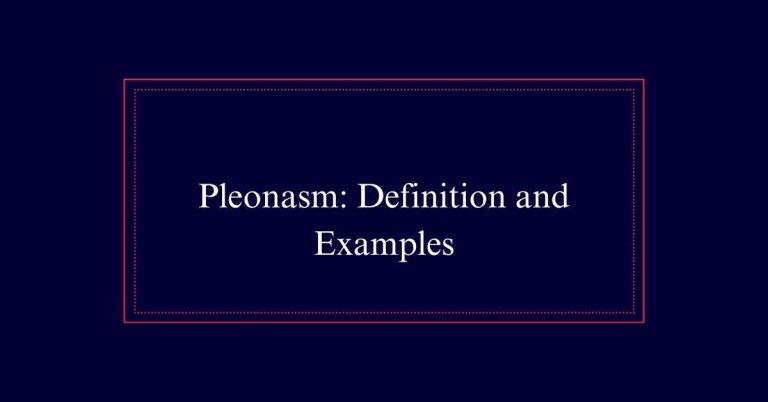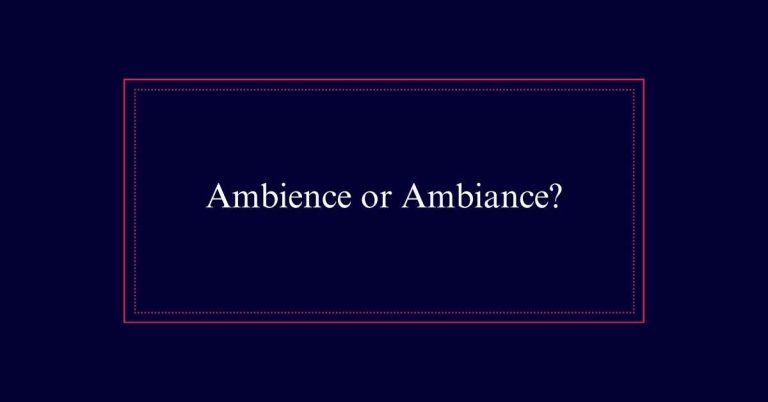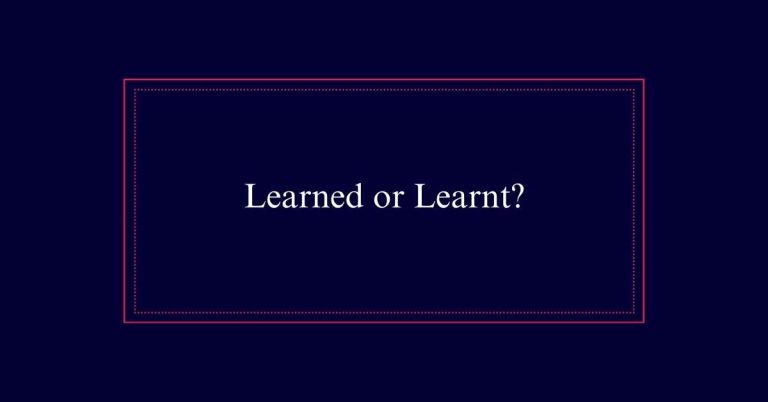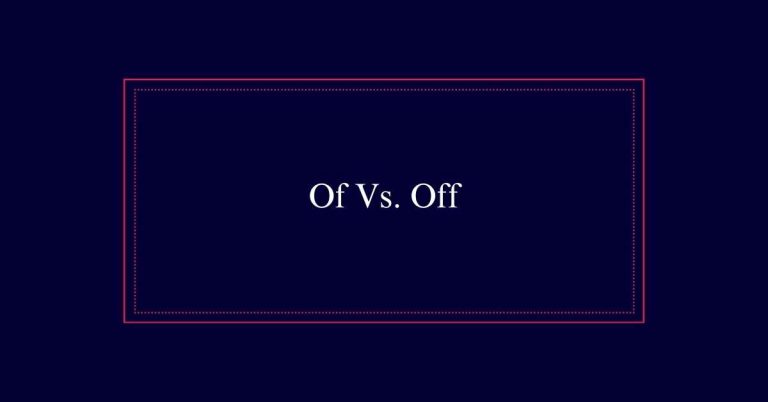What Does Facetious Mean?
Facetious means attempting to be humorous or playful, often in a way that comes across as frivolous or silly. Such behavior or comments are not meant to be taken literally and are aimed purely at entertaining. Although intended to amuse, facetious remarks can be misconstrued as insincere or annoying.
The term originates from the Latin word ‘facetiae,’ meaning jest or wit. Over time, it has come to describe humor that might not be suitable for all situations. Facetiousness is different from sarcasm, as it is light-hearted rather than mocking.
The Meaning of Facetious
Facetious means attempting to be humorous or playful, often inappropriately or annoyingly so. It describes behavior that is intended to be funny but may come across as frivolous or silly. The term is often used to label comments or actions that are not meant to be taken literally.
For instance, a facetious remark might be made in a lighthearted context but can be misconstrued as insincere or annoying. Unlike sarcasm, which carries a mocking or contemptuous tone, facetiousness aims purely for humor.
However, it is important to bear in mind the context, as facetious comments can sometimes lead to misunderstandings or offend others if not appropriately timed or delivered.
Origin of Facetious
Originating from the Latin word ‘facetiae,’ which means jest or wit, the term ‘facetious’ has evolved to describe behavior that is intended to be humorous but often comes across as inappropriate or silly.
The change of the word from Latin to English occurred in the late 16th century. Initially, it was used to describe witty, amusing remarks made in a playful manner. Over time, its meaning shifted to encompass humor that might not be suitable for all situations.
Today, being facetious implies a certain frivolity, where the speaker’s intent is to amuse, though the humor may be misinterpreted as lacking seriousness or tact. This development highlights the dynamic nature of language.
Characteristics of Facetiousness
The evolution of the term ‘facetious’ underscores its defining characteristics, which include humor intended to amuse but often perceived as inappropriate or silly. Facetious remarks are typically playful and lighthearted. They aim to entertain or provoke a smile.
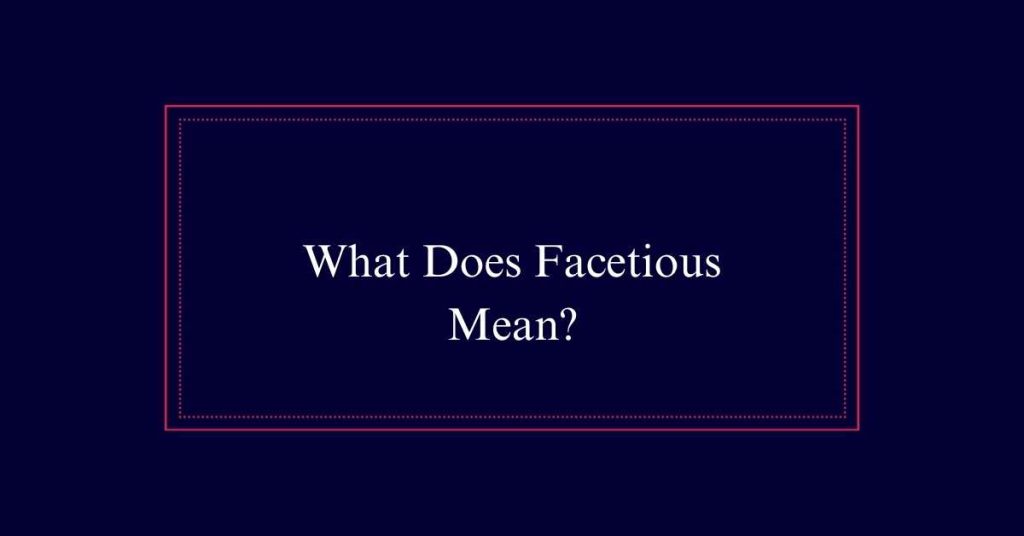
However, they can sometimes come off as ill-timed or unsuitable, depending on the context. This frivolous nature means such comments are not meant to be taken literally. The intent behind facetiousness is generally not to offend but to inject levity into a conversation.
Facetious Vs. Sarcastic
Often, people confuse facetiousness with sarcasm, though they differ considerably in intent and tone. Facetiousness aims to be amusing or playful, often without malice. Sarcasm, on the other hand, involves a mocking or contemptuous tone, often intended to wound or criticize. Understanding these distinctions helps in recognizing the speaker’s true intent.
| Aspect | Facetiousness | Sarcasm |
|---|---|---|
| Tone | Playful | Mocking |
| Intent | To amuse | To criticize |
| Reception | Often light-hearted | Often hurtful |
| Example | ‘Oh, you’re so punctual!’ | ‘Nice job being on time.’ |
| Context | Light, humorous settings | Critical, biting remarks |
Facetious and Tongue-in-Cheek
Facetious and tongue-in-cheek humor both aim to entertain but differ subtly. Facetious remarks are intended to be funny yet can sometimes be perceived as inappropriate or annoying. They often involve frivolous, silly statements not meant to be taken literally.
Tongue-in-cheek humor, on the other hand, is characterized by irony and a playful tone. It is meant to be amusing but with a clear hint that the speaker is not entirely serious.
Ultimately, while both forms of humor play with the idea of not being fully earnest, facetiousness can be more blunt and misunderstood, whereas tongue-in-cheek is more nuanced and subtly ironic.
Common Spelling Mistakes
Understanding the nuances between facetious and tongue-in-cheek humor is important, but equally essential is knowing the correct spelling of facetious to avoid common mistakes.
Spelling errors can detract from your writing and cause misunderstandings. To help you prevent these pitfalls, here’s a list of common misspellings and their corrections:
- Facicious: Incorrect – Remember, it’s ‘facetious.’
- Facecious: Incorrect – The correct spelling is ‘facetious.’
- Facitious: Incorrect – Always spell it ‘facetious.’
- Facetous: Incorrect – Be sure to include the ‘i’ to spell ‘facetious.’
Facetious in Pop Culture
In pop culture, facetious humor often appears in movies, television shows, and even music lyrics. This type of humor can lighten serious moments or add a playful twist to dialogue. Characters who use facetious comments are often witty and quick, delighting audiences with their cleverness.
| Medium | Example |
|---|---|
| Movies | Iron Man’s Tony Stark |
| Television Shows | Chandler Bing from “Friends” |
| Music Lyrics | Eminem’s satirical songs |
| Stand-Up Comedy | Comedians like Tina Fey |
Facetious Synonyms
Synonyms of facetious include terms like jocular, playful, and witty. These words capture the lighthearted and humorous nature of facetious remarks.
Here are some key synonyms to ponder:
- Jocular: Relating to joking and good humor, often used to describe someone who is habitually funny.
- Playful: Suggesting a sense of fun and light-heartedness, often in a teasing or joking manner.
- Witty: Characterized by clever and quick humor, often involving wordplay.
- Frivolous: Describing actions or remarks that lack serious intent, often seen as amusing but not meaningful.
Misunderstandings With Facetiousness
Misunderstandings with facetiousness often arise due to the fine line between humor and insensitivity. Facetious comments aim to be amusing but can sometimes be perceived as inappropriate or offensive. This is particularly true in formal settings or serious discussions, where lighthearted remarks may seem out of place.
The intent behind facetiousness is generally not to harm, but its reception can vary widely. Misinterpretations occur when the humorous intent is not recognized, leading to confusion or even resentment. Hence, context and audience awareness are paramount when making facetious remarks.
Cultural Perspectives on Facetiousness
Cultural norms greatly influence how facetious remarks are received and interpreted. What might be seen as witty in one culture can be offensive in another. Understanding these differences is key for effective communication.
Here are four factors to take into account:
- Cultural Context: In some cultures, humor in serious conversations is frowned upon.
- Language Nuances: Certain phrases may not translate well and lose their intended humor.
- Social Hierarchies: Facetious remarks might be inappropriate in hierarchical settings.
- Tolerance Levels: Some societies have higher tolerance for humor, while others are more conservative.

